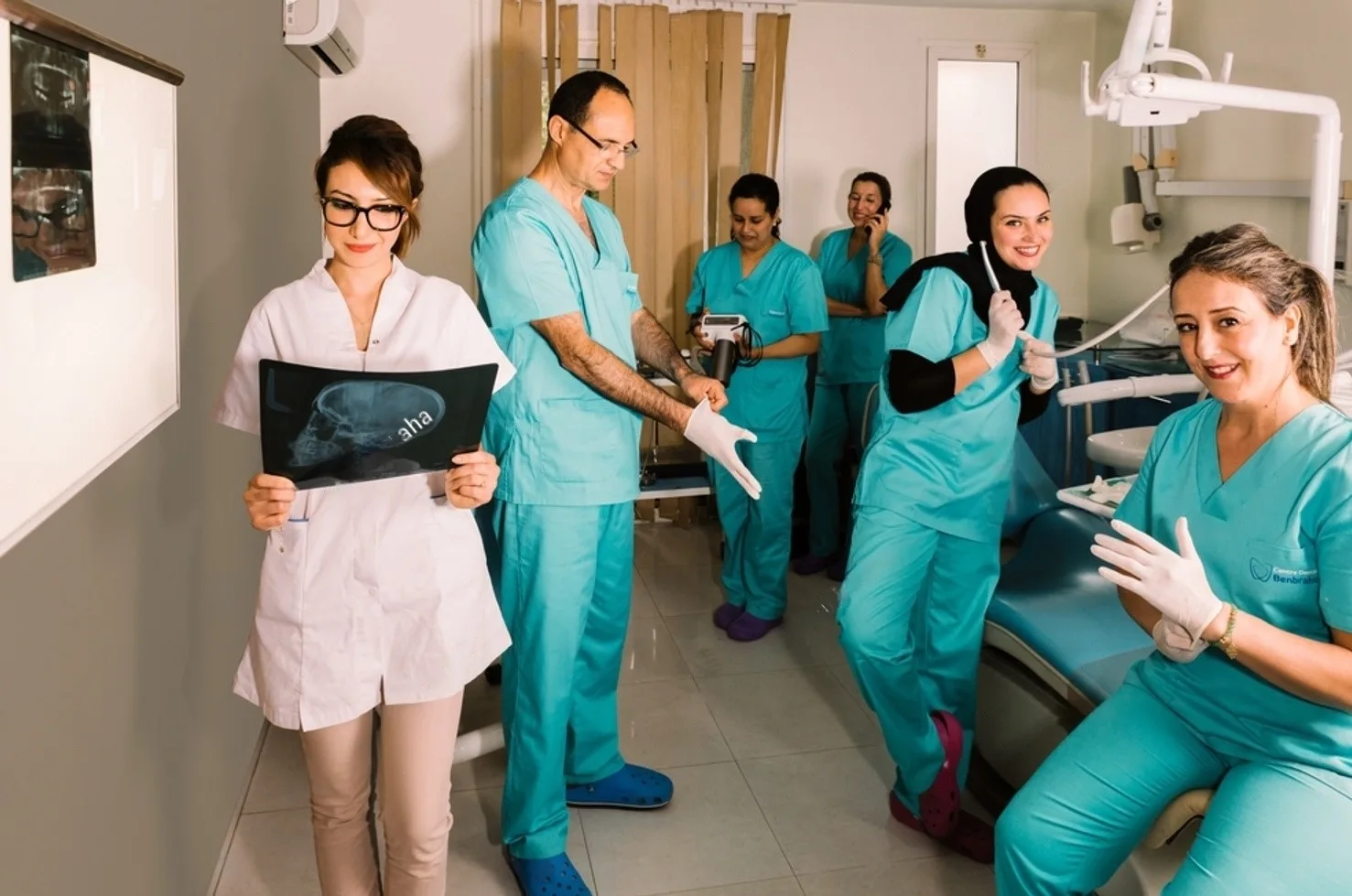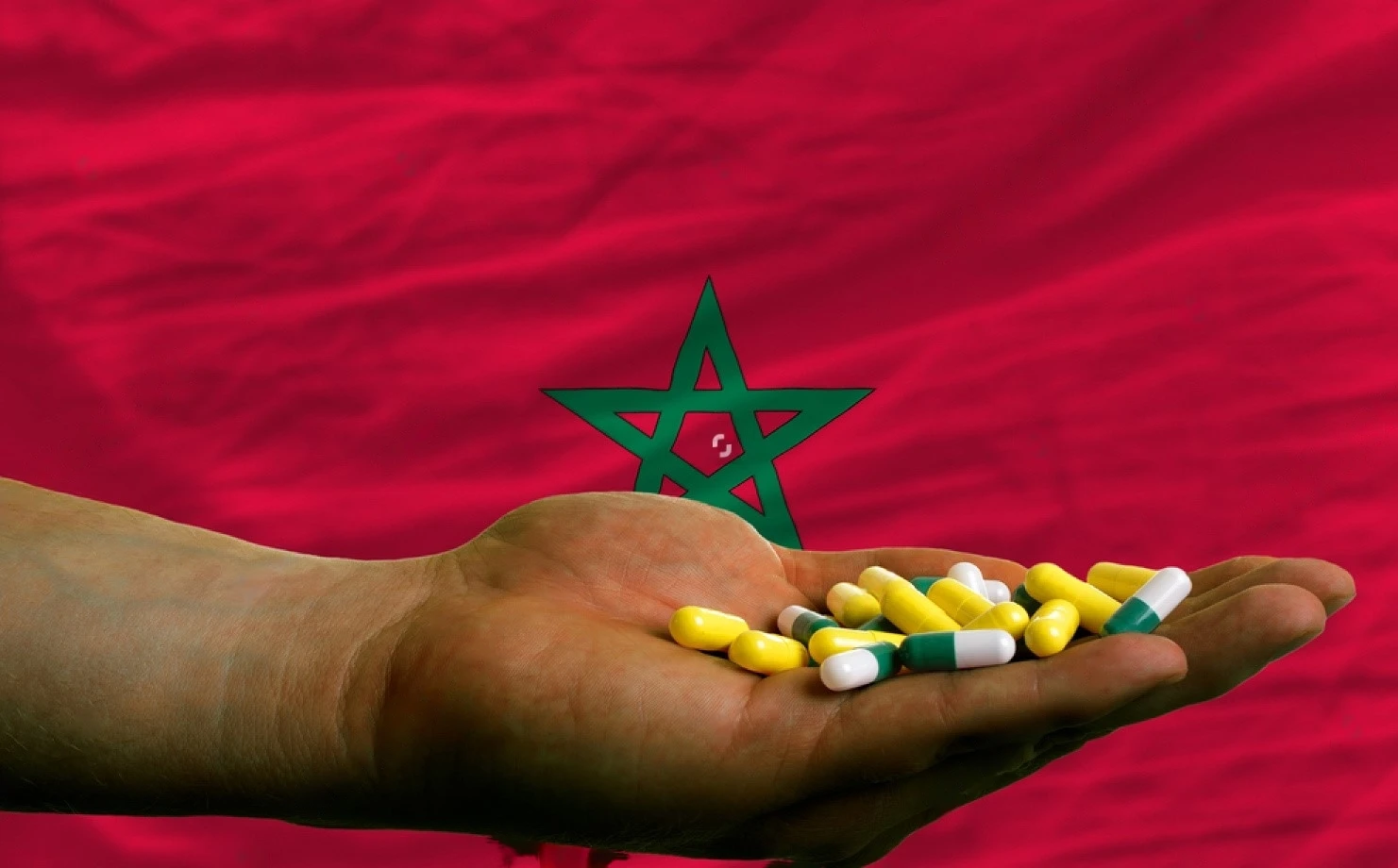Dear, if you are going to this amazing land, then medicines to bring to Morocco is very important blog for you. Traveling to a foreign country, like Morocco, can be an exciting experience but it also requires careful preparation to ensure a safe and comfortable trip. One of the important aspects of preparation is bringing the necessary medications. Knowing which medications to bring can help you manage any health issues that may arise while traveling, and avoid the hassle and expense of finding appropriate medical treatment abroad.
Morocco is a beautiful country with a rich cultural heritage, but it also has some health challenges that travelers should be aware of so it is important to bring medicine to Morocco. These may include food-borne illnesses, sun exposure, insect bites, and motion sickness. To minimize the risk of health issues, it is essential to bring appropriate medications for these and any other health concerns you may have.
Moreover, if you take regular prescription medications, don’t forget to bring enough for the duration of your trip, along with a copy of your prescription and a letter from your doctor. This can help you avoid potential difficulties in getting your medications refilled while in Morocco.
Table of Contents
Health Insurance for Morocco
It’s recommended to have comprehensive health insurance coverage when traveling to Morocco, including coverage for emergency medical expenses, hospitalization, and evacuation if necessary. Some things to consider when choosing insurance coverage:
- Make sure your insurance covers medical treatment in Morocco.
- Check if there are any exclusions or restrictions.
- Consider the coverage amount, especially for evacuation costs.
- Have a copy of your insurance policy and emergency contact numbers with you.
It’s important to be prepared for unexpected medical situations and having insurance can give you peace of mind during your trip.
Health Issues You Can Face in Morocco
Food-borne illness: Consuming contaminated food or water can lead to gastrointestinal issues like diarrhea, nausea, and vomiting. Prolonged sun exposure can lead to sunburn, heat exhaustion, and dehydration. Mosquitoes in Morocco can carry diseases like malaria and dengue fever. Other insects like ticks and sandflies can also carry diseases, that’s why its important medicines to bring to Morocco.
Traveling by car, bus, or boat can cause motion sickness for some people. If you have allergies, be sure to bring appropriate medicine to manage symptoms. Morocco has high levels of air pollution, especially in cities. This can lead to respiratory issues for people with allergies or asthma. Consuming contaminated water can lead to water-borne diseases like dysentery and hepatitis A. If you plan to visit Morocco’s Atlas Mountains, be aware that altitude sickness is a risk at high elevations.
Why is it Necessary to bring medicines to Morocco?
“Stay Healthy and Happy in Morocco: Pack Your Meds!”
Traveling to Morocco? Don’t forget the most important travel companion: your medicine! Whether it’s pain relievers for aches and pains, anti-diarrheal medication for food poisoning, or allergy medicine for sneezing and itching, having the right meds can make all the difference in enjoying a comfortable trip.
“Prescription Protection: Bring Your Meds and Proof!”
If you take regular prescription medication, don’t leave home without them. Bring enough for the duration of your trip, along with a copy of your prescription and a letter from your doctor. This way, you’ll avoid any hassles or difficulties in getting your meds refilled in Morocco.
“Stay Hydrated and Happy: Electrolyte Replacement Products”
Long days in the sun and potential diarrhea can leave you dehydrated. Pack electrolyte replacement products like Pedialyte or Gatorade to replenish fluids and keep you feeling your best.
In short, don’t let unexpected health issues ruin your Moroccan adventure. Bring Medicines to Morocco and enjoy a healthy and happy trip!
Important Medicines to Bring to Morocco

Pain relievers: Aspirin, ibuprofen, or acetaminophen can be useful for headaches, toothaches, and other aches and pains.
Anti-diarrheal medication: Imodium or Pepto-Bismol can be useful in case of food poisoning or traveler’s diarrhea.
Sunscreen: Morocco can be hot and sunny, especially during summer months. It’s important to protect your skin from sunburn and skin damage.
First-aid kit: Bring a basic first-aid kit including band-aids, gauze, antiseptic wipes, and a thermometer.
Mosquito repellent: Mosquitoes can carry diseases like malaria and dengue fever in Morocco. Using a mosquito repellent can reduce the risk of being bitten. Thus, it must be included in list of medicines to bring to Morocco.
Allergy medicine: If you have allergies, bring medicine to manage symptoms, such as antihistamines or nasal sprays.
Motion sickness medication: If you’re prone to motion sickness, consider bringing medication, such as Dramamine, to avoid nausea during long car rides.
Seasonal Medicines to Bring to Morocco
Here are some seasonal health considerations for Morocco:
Summer (June to August): During the hot summer months, it’s important to stay hydrated and protect yourself from the sun. Bring sunscreen, a hat, and a refillable water bottle. Additionally, the summer months can also bring an increased risk of food and water-borne illnesses, so make sure to drink bottled water and eat at reputable restaurants.
Winter (December to February): During the winter, Morocco can experience some cooler temperatures, especially in the mountainous regions. Bring warm clothing, especially for nighttime, and be prepared for wet weather conditions. This is also the time when respiratory illnesses, such as the flu, can be more common, so make sure to practice good hygiene and get a flu shot if necessary.
Spring (March to May): Its important to bring medicine to Morocco, In the spring, city experiences beautiful weather with mild temperatures. This is a great time to explore the country, but it’s important to be aware of the blooming plants and trees, as they can cause seasonal allergies. Bring any necessary allergy medications and avoid spending extended periods of time in areas with high pollen counts.
Fall (September to November): In the fall, temperatures are still warm, but can also be quite windy, especially along the coastal regions. Be prepared for sudden weather changes and bring a light jacket or sweater for cooler days. This is also the time when some areas of Morocco can experience sandstorms, which can be harmful to respiratory health. Bring a face mask and avoid spending extended periods of time in affected areas.
Conclusion
Consult with a doctor before your trip to Morocco and consider getting travel health insurance. Some medications that are commonly available over the counter in your home country may not be readily available in Morocco, so bring enough medication for the duration of your trip.
It’s important to note that some medications that are commonly available over the counter in your home country may not be readily available in Morocco. Therefore, it’s always a good idea to bring enough medication for the duration of your trip.



Comment (0)